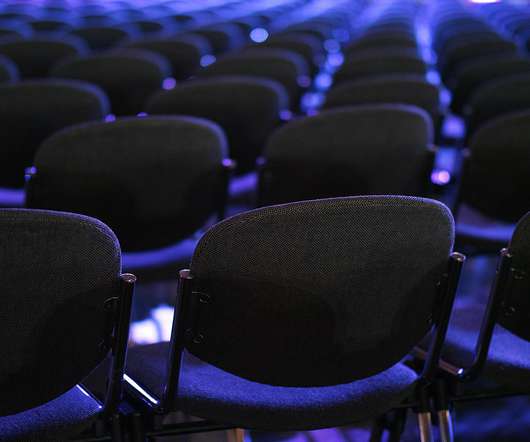Recommended Reading Summary: A Chapter of “From Practice Fields to Communities of Practice”
Adobe Captivate
MARCH 28, 2019
Chapter 2: From Practice Fields to Communities of Practice by Sasha Barab and Thomas Duffy (2012). There are a range of opinions and positions within the constructivist and situativity communities regarding even the basic concepts laid out in this text. Here is this month’s chapter summary.




























Let's personalize your content